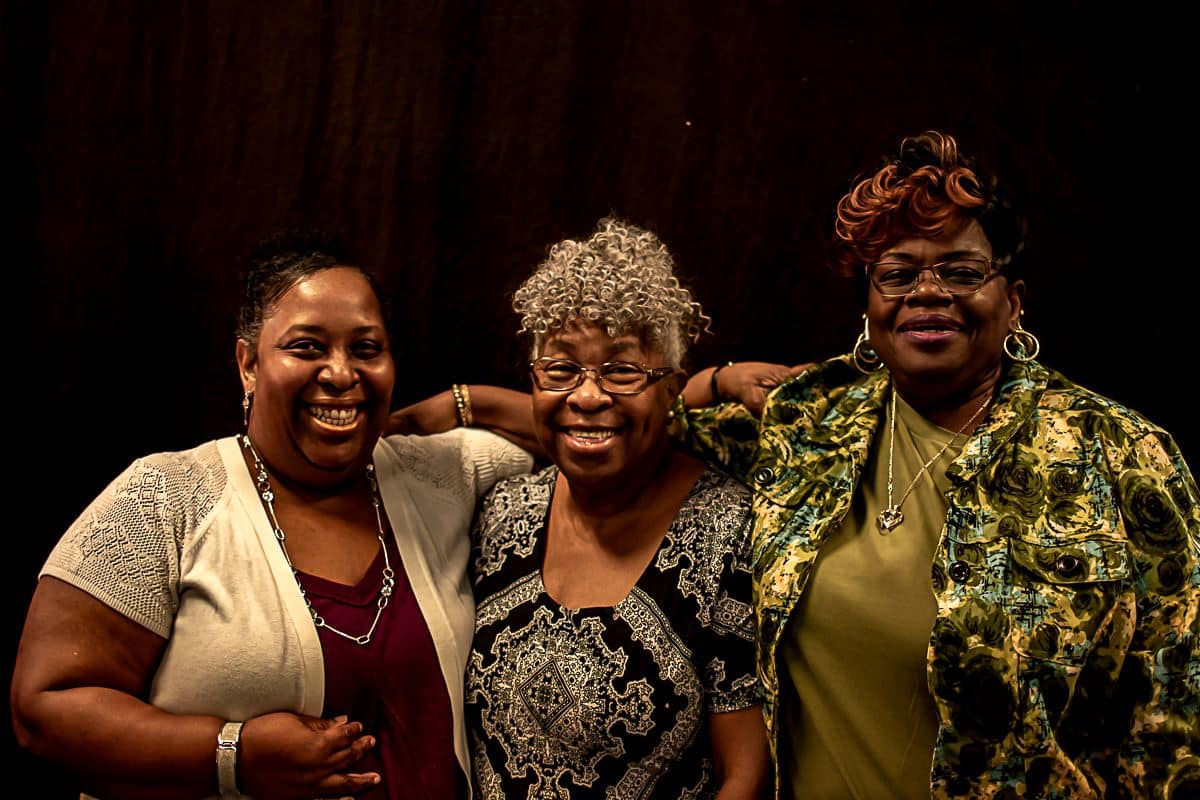Loved Ones Self-Advocacy Trainings
Making a difference for those doing time on the “outside.”
Upcoming Sessions
Advance registration for these sessions is required, and a Zoom link will be sent after you register. Registration links will be provided here once session dates and times are confirmed, generally at least a month before the session date.
STAY INFORMED
Sign Up For Our Newsletter So You See the Training Dates
When we schedule the Loved Ones trainings, we will send the dates out to people on our mailing list.
Past Sessions
Below are summaries and links to video recordings or written summaries of previous Loved Ones Self-Advocacy Trainings.
Grievances
Why should your loved one who is incarcerated file a grievance and what does that process look like? Speaker Alan Mills, from Uptown People’s Law Center, explains the step by step process.
Clemency
This training covers who can file for clemency and how to file without the help of a lawyer. Speakers Mira DeJong, Staff Attorney, and Rachel White Domain, Director of Women and Survivors Project, both work with Illinois Prison Project and have years of experience filing clemency petitions. Lisa Daniels also speaks about her expertise as a member of the Illinois Prisoner Review Board, the body responsible for reviewing clemency petitions.
Medical Issues
This training gives an overview of medical care in IDOC facilities. Speaker Alan Mills is the Executive Director of Uptown People’s Law Center, a nonprofit community legal clinic located on the North Side of Chicago. Alan and the Uptown People’s Law Center are leading the fight for better mental and physical health care for people who are incarcerated in Illinois state prisons.
Transfers
This training features Jane Moskus, Acting Manager of the Transfer Coordinator’s Office at IDOC, and Areda Johnson, Chief Inspector at IDOC. The speakers provided attendees with an overview of transfers within IDOC. Topics include how to find out about eligibility for transfers, who to contact at IDOC for more information about transfers, and what you or your loved one who is incarcerated can do related to transfers.
Higher Education in Prison
This training features Sarah Ross, from Prison + Neighborhood Arts/Education Project (PNAP) and Illinois Coalition for Higher Education in Prison (ILCHEP).
Freedom of Information Act Requests
This training provides an overview of Freedom of Information Act (FOIA) requests and how to use them to obtain information from the Illinois Department of Corrections and other entities in the criminal legal system. We were joined by Isra Rahman and Chaclyn Hunt, who shared their expertise and tips on FOIA requests. Isra Rahman is a legal advocate at the Children and Family Justice Center and an engagement reporter at the Invisible Institute where she supports various efforts around community building and storytelling. Chaclyn Hunt is a civil rights attorney and legal director at the Invisible Institute where she co-created the Youth/Police Project, an ongoing inquiry into everyday youth-police interactions on the South Side of Chicago.


